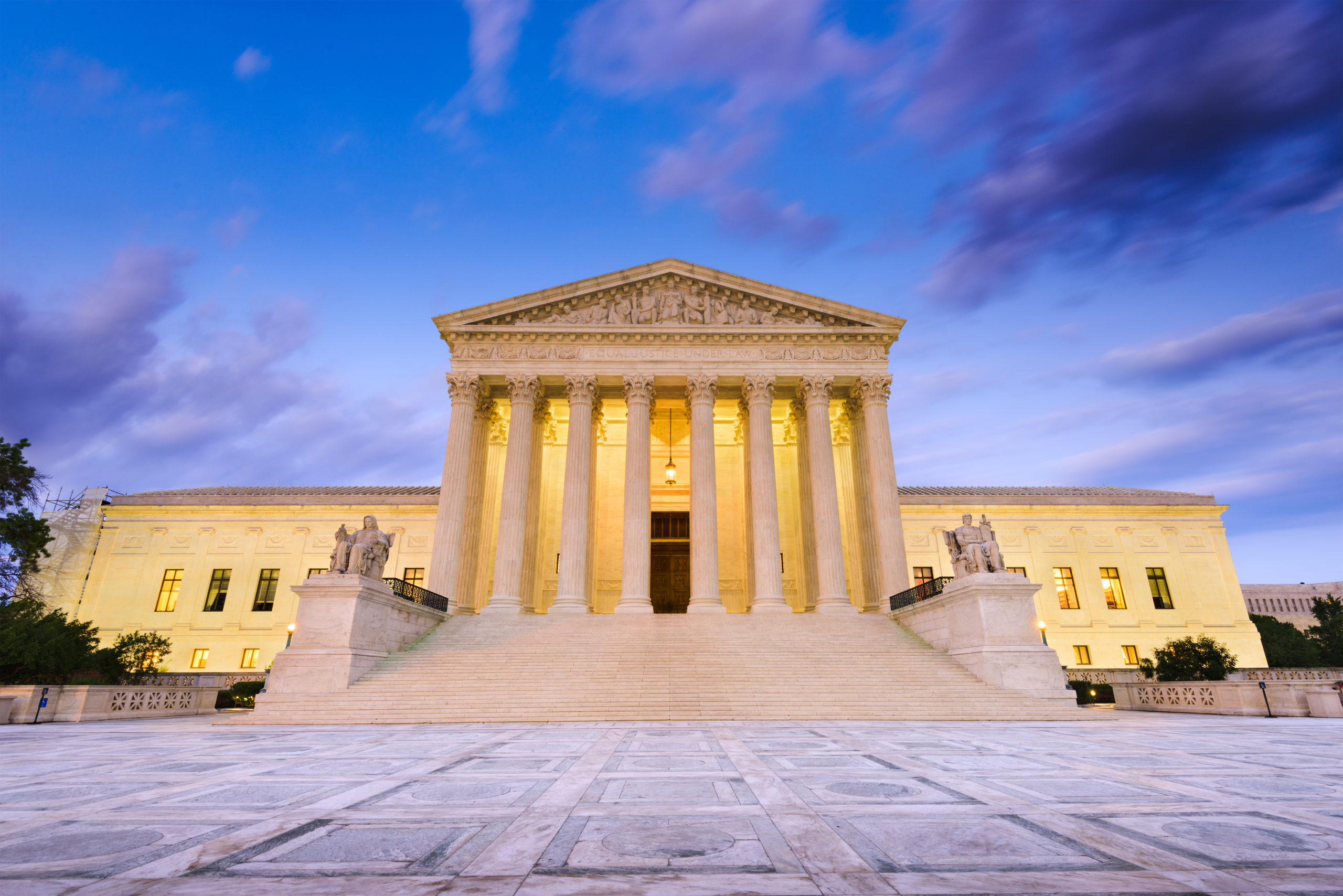Abortion rights, women of color, and LGBTQIA+ people are under attack. Pledge to join us in fighting for gender justice.

Sunu P. Chandy, Legal Director & Laura Narefsky, Public Interest Fellow, Workplace Justice
Update: On July 7, 2020, the U.S. Supreme Court ruled against the two teachers in these cases, providing ample room for religious employers to discriminate against teaches and other workers without regard to civil rights or other employment protections. This was a dangerous decision for workers’ rights, and particularly for women who make up most of the workforce in elementary school teaching jobs. While the opinion focuses on teachers at elementary schools—allowing religious institutions a blank check to allow racial and sexual harassment and other discrimination to go without remedy—there was nothing in the legal analysis that limits the potential for this decision to harm workers in other contexts. This decision could have far reaching and devastating impacts for many workers at all religious entities. The Court also failed to provide helpful parameters as to how one should analyze the one factor it does use: the employee’s job duties. The Court’s decision today threatens hard won worker’s rights and the critical legal framework that seeks to balance the rights at stake in favor of sweeping deference to religious employers. As Justice Sotomayor states in the dissent, we will work towards another day when that the Court has an opportunity to remedy these harms.
***
The National Women’s Law Center, along with the Leadership Conference on Civil and Human Rights, Kevin Russell of Goldstein & Russell, P.C., and 68 additional organizations, filed an amicus brief to the U.S. Supreme Court on March 11, 2020 in Our Lady of Guadalupe School v. Morrissey-Berru and St. James School v. Biel (consolidated).
At stake in these cases is the scope of a doctrine called the “ministerial exception.” This exception was originally created to allow houses of worship to hire and fire ministers without court involvement. But now religious employers—in these cases, Catholic schools—are trying to use this theory to deny civil rights protections to their lay employees.
Here, one schoolteacher, Ms. Biel brought a disability discrimination claim against her school, and in the other case, Ms. Morrissey-Berru brought an age discrimination claim against her school. But both teachers were denied their civil rights at the district court level when the schools claimed they were “ministers.” While the appeals court (the 9th Circuit) found that they were not minsters and so could pursue their civil rights claims, the schools are appealing both cases to the U.S. Supreme Court.
We filed this brief in support of these two schoolteachers, and all the other teachers and staff at religious schools who could be denied their civil rights in the workplace if the U.S. Supreme Court expands this exception.
Our brief addresses how religious employers are using this exception to try to deny workplace rights, including protections against sexual harassment, unequal pay, disability discrimination, and claims for overtime pay. Alarmingly, employees have no way of knowing if they are being considered ministers by their employers until after they have faced discrimination and try to bring civil rights claims. If the Court expands the ministerial exception as requested by the religious employers in these cases, it would cause enormous harm to women, people of color, immigrants, people with disabilities, older workers, LGBTQ workers, and others who face multiple and intertwining forms of discrimination.
Amici urge the Court to reject these attempts to expand the ministerial exception and instead, rule in a manner that allows teachers and other employees at religious schools to retain their critical workplace civil rights protections.
